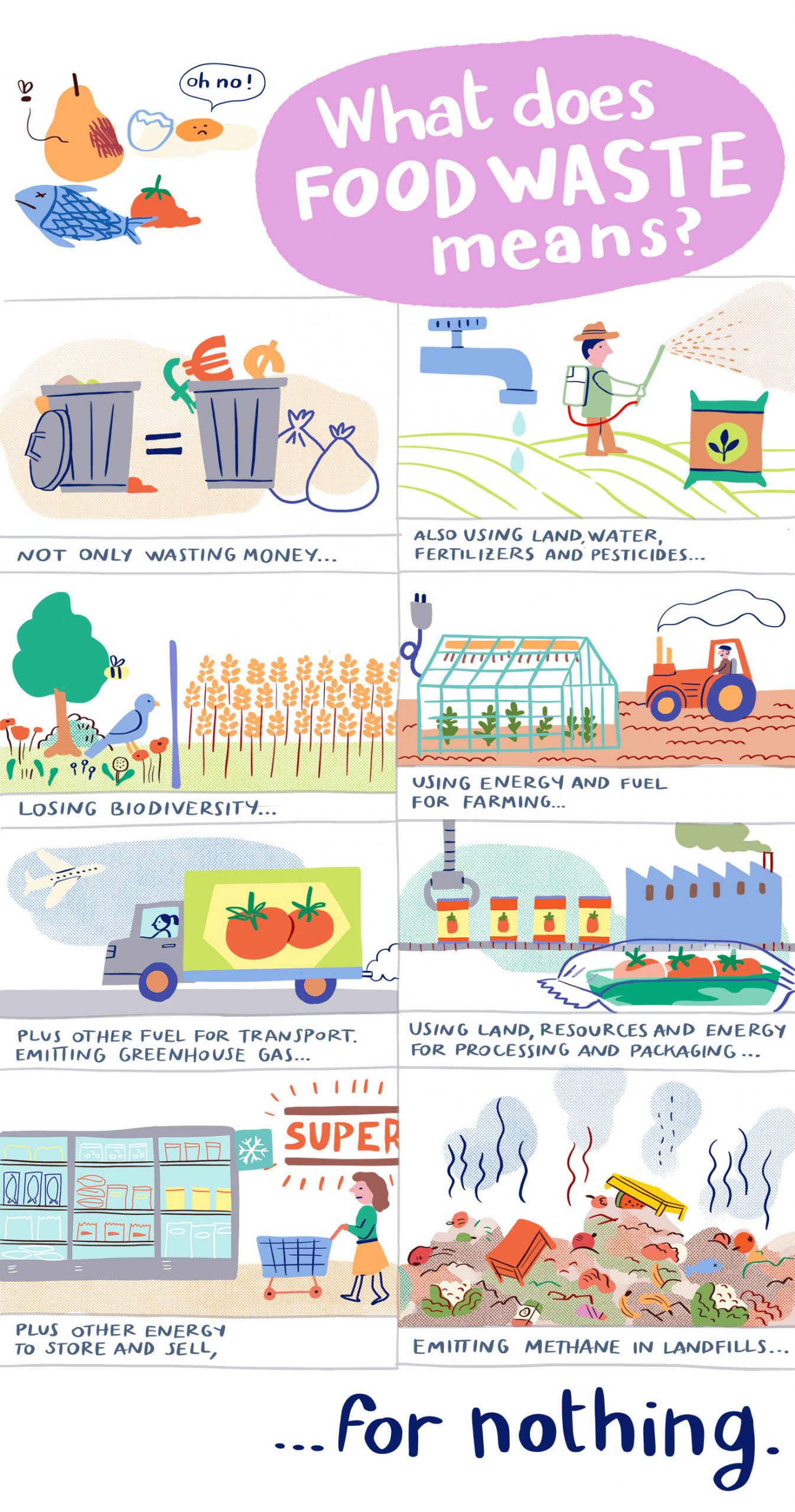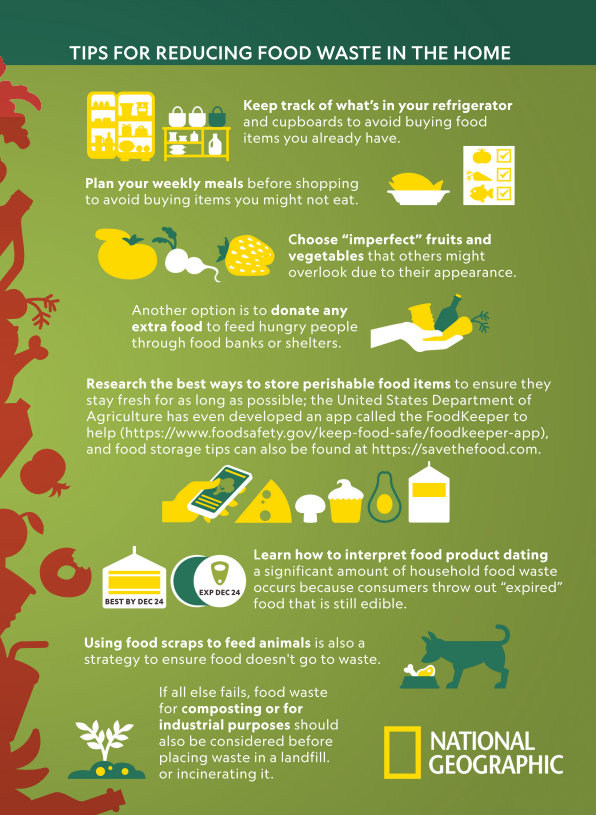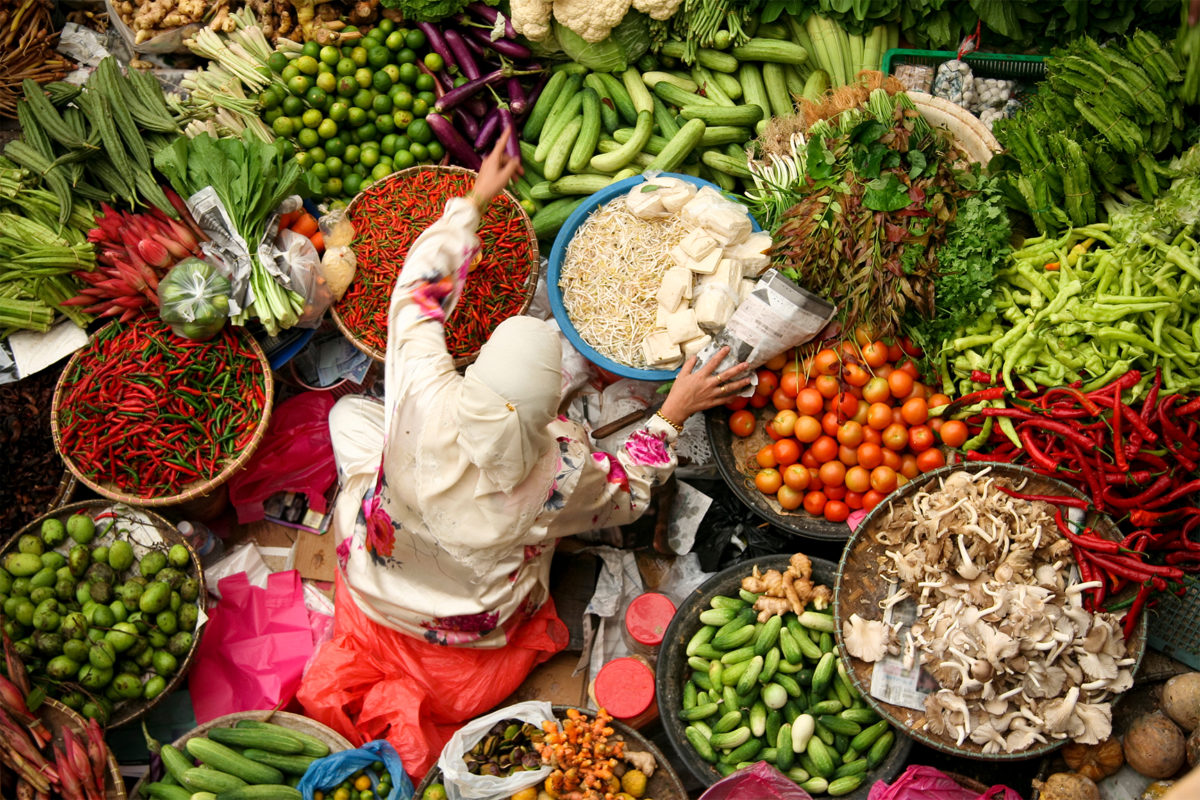Sustainable Diets
Did you know? A global shift toward plant-rich diets would —
- Decrease greenhouse gas emissions (GHGe)
- Reduce water consumption
- Free up 75% of global cropland for other uses
- Decrease chronic illnesses like heart disease, stroke, diabetes & cancer (UNEP, 2021)
There is a direct relationship b/w food and major environmental problems, such as deforestation, water scarcity, endangered species, and plastic pollution. As the global population grows more land is cleared to produce food. To learn more about how your diet affects climate change, watch the video below and check:
- The NY Times | Your Questions About Food and Climate Change Answered and
- Project Drawdown | Climate Solutions 101 | Unit 3: Reducing Sources.
Cook dishes that are not only delicious but also good for planetary health! For sustainable recipes, check —
- NY Times | Climate-Friendly Cooking
- ActNow | Food Challenge | Sustainable Recipes
- Chez Jorge | Plant-based Recipes
- The Guardian | Vegan Food and Drink
- Cookie and Kate | Celebrating Whole Foods
- Vegan Bowls IG| Daily Vegan Recipes
Food Waste 101
Each year, one-third of global food production is wasted which is 1.3 billion tonnes of wasted food, enough to feed over 870 million people (Aljazeera, 2019)!
 Image source: Annalisa Papagna
Image source: Annalisa Papagna
 Image source: National Geographic
Image source: National Geographic
The Bigger Picture
Actions to reduce pressure on the food system include —
- Eliminate food waste.
- More plants, less meat: Switch to plant-rich diets, cut down on animal protein, and limit beef/lamb consumption by switching to chicken/fish.
- No new crop-land
- On farms: better management of water and nutrients, tilling the soil less, growing cover crops, practicing regenerative agriculture, green fertilizers, improved rice cultivation, etc.
 Image source: Project Drawdown
Image source: Project Drawdown






Follow Us!